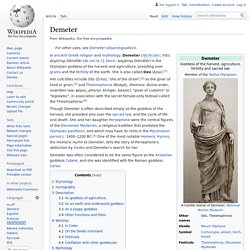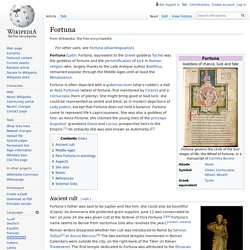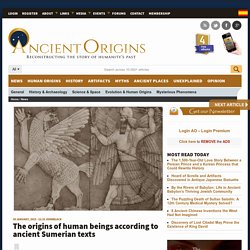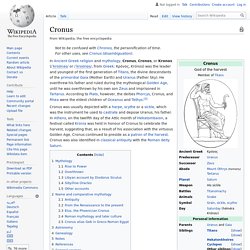

Isis, Rose of the World, Part II. More Roses for the Isian Garden Blue Nile (1976) Breeder: Delbard.

Country of Origin: Paris, France. Type: Hybrid Tea. A vigorous and disease resistant rose. The blooms range from lilac to mauve to deep lavendar in color, blushed with a deep purple. Goddess of Love (2000) Breeder: Colin P. Isis (also known as Silver Anniversary) (1995) Breeder: Poulsen. Osiria (1978) Breeder: W. The Compass Rose (1997) Breeder: W. Part I of this article, published in the Lughnasadh issue of MOI, listed the following roses, Belle Isis, Rosa Mundi, Cleopatra and Bridge of Sighs (named for a bridge that crosses The Isis, a branch of the River Thames).
Sources for Part I and Part II of this article: Ackerman, Diane, “A Natural History of the Senses”, Random House Inc., New York, 1990 Adkins, Lesley, and Roy A. Andrews, Carol, “Ancient Egyptian Jewelry”, Harry N. The mystery cult of isis. Demeter. Greek goddess of the harvest, grains, and agriculture Etymology[edit] It is possible that Demeter appears in Linear A as da-ma-te on three documents (AR Zf 1 and 2, and KY Za 2), all three apparently dedicated in religious situations and all three bearing just the name (i-da-ma-te on AR Zf 1 and 2).[5] It is unlikely that Demeter appears as da-ma-te in a Linear B (Mycenean Greek) inscription (PY En 609); the word 𐀅𐀔𐀳, da-ma-te, probably refers to "households".[6][7] On the other hand, 𐀯𐀵𐀡𐀴𐀛𐀊, si-to-po-ti-ni-ja, "Potnia of the Grain", is regarded as referring to her Bronze Age predecessor or to one of her epithets.[8] Demeter's character as mother-goddess is identified in the second element of her name meter (μήτηρ) derived from Proto-Indo-European (PIE) *méh₂tēr (mother).[9] In antiquity, different explanations were already proffered for the first element of her name.

M. L. Iconography[edit] In Arcadia, she was known as "Black Demeter". Description[edit] As a poppy goddess[edit] Fortuna. Ancient Roman goddess of fortune and luck Fortuna (Latin: Fortūna, equivalent to the Greek goddess Tyche) was the goddess of fortune and the personification of luck in Roman religion who, largely thanks to the Late Antique author Boethius, remained popular through the Middle Ages until at least the Renaissance.

Ancient cult[edit] Fortuna's father was said to be Jupiter and like him, she could also be bountiful (Copia). As Annonaria she protected grain supplies. The origins of human beings according to ancient Sumerian texts. Sumer, or the ‘land of civilized kings’, flourished in Mesopotamia, now modern-day Iraq, around 4500 BC.

Sumerians created an advanced civilization with its own system of elaborate language and writing, architecture and arts, astronomy and mathematics. Their religious system was a complex one comprised of hundreds of gods. According to the ancient texts, each Sumerian city was guarded by its own god; and while humans and gods used to live together, the humans were servants to the gods. The Sumerian creation myth can be found on a tablet in Nippur, an ancient Mesopotamian city founded in approximately 5000 BC. The creation of Earth ( Enuma Elish ) according to the Sumerian tablets begins like this: Sumerian mythology claims that, in the beginning, human-like gods ruled over Earth.
The texts mention that at some point the gods mutinied against their labour. Cronus. Ruler of the Titans in Ancient Greek mythology Mythology[edit] Only Cronus was willing to do the deed, so Gaia gave him the sickle and placed him in ambush.[4] When Uranus met with Gaia, Cronus attacked him with the sickle, castrating him and casting his testicles into the sea.

From the blood that spilled out from Uranus and fell upon the earth, the Gigantes, Erinyes, and Meliae were produced. The testicles produced a white foam from which the goddess Aphrodite emerged. For this, Uranus threatened vengeance and called his sons Titenes[a] for overstepping their boundaries and daring to commit such an act. Cronus learned from Gaia and Uranus that he was destined to be overcome by his own sons, just as he had overthrown his father. Rhea secretly gave birth to Zeus in Crete, and handed Cronus a stone wrapped in swaddling clothes, also known as the Omphalos Stone, which he promptly swallowed, thinking that it was his son. Accounts of the fate of Cronus after the Titanomachy differ. Notes[edit]